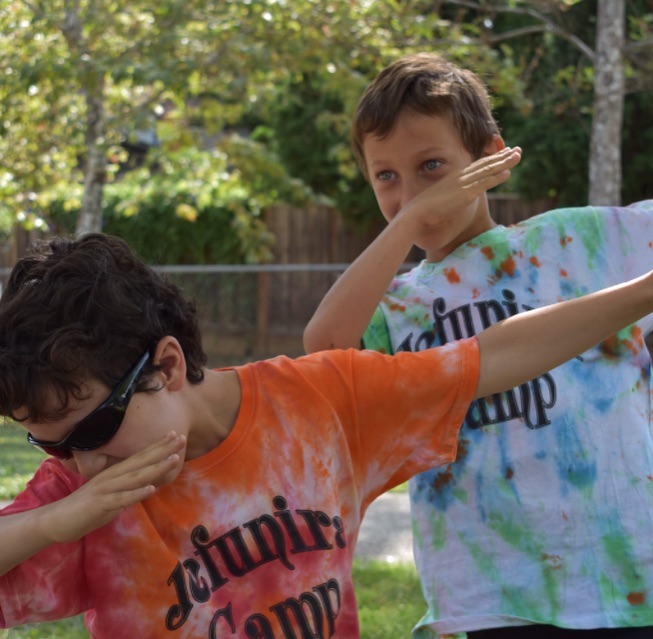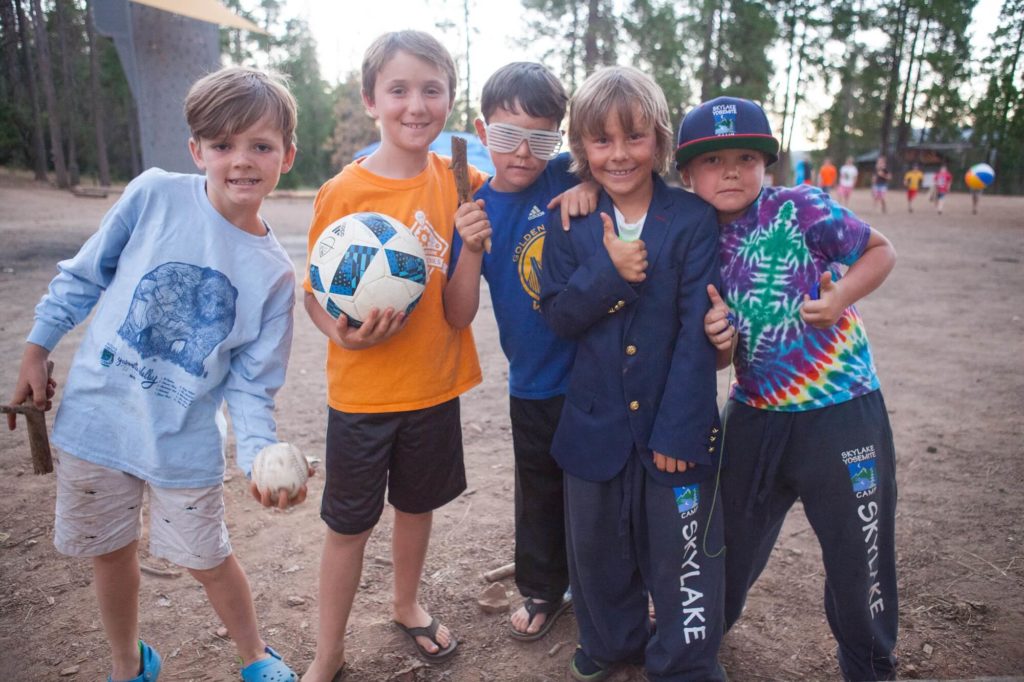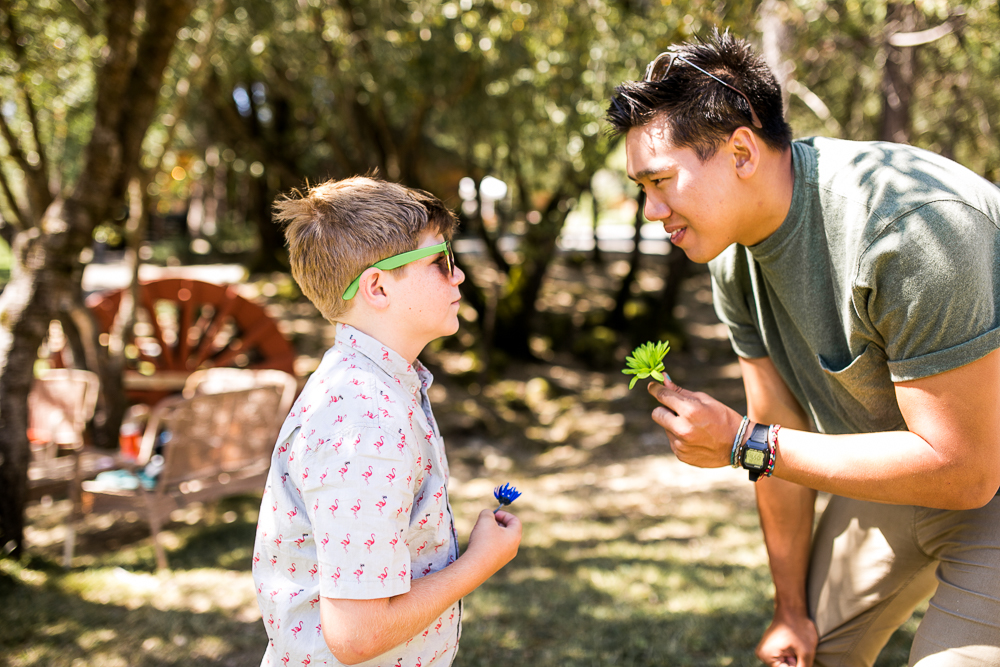
Perhaps because my three oldest kids are girls, I’ve researched and read more about raising girls than I have about raising boys. Or maybe because it’s that I’m more confused by my sons, because I’m not a boy myself? In any case, I’m reading and researching more and learning about how our boys need us to understand more about them. Boys are suffering from unprecedented levels of depression, anxiety, and suicide. In this guest post by parent educator Sloan Walsh, she shares some important information about the stages our boys go through and what we can do to help raise thriving young men. You might also want to check out this list of excellent books about raising sons. Enjoy this excellent article about Raising Boys!
-Audrey
Raising Boys
by Sloan Walsh
“Love you Momma.”
The text I received from my son this week. My heart still skips a beat when I hear from him. In the midst of a busy college class schedule, an intense basketball regimen and a new girlfriend (she’s darling), he still takes the time to circle back home to tell me he loves me. He is my eldest son and I can remember like it was yesterday when it was just the two of us most of the day, he in his little jeans and tennis shoes scrambling under our orange tree to grab the tail of an escaping lizard, or surprising me with a soft, plump worm he’d discovered on the sidewalk after a rain. When my second son came along, I was thrilled for each of them to have one another. They couldn’t be more opposite, so mothering two boys on each end of the spectrum made my life so very rich and full!

Photo from Jefunira Camp
If you are the mother of a boy, you know what I am talking about when I say that boys are so much fun. So full of life and energy and abandon! But while raising my sons, I worried a lot. I worried at the park when my eldest clobbered another child over the head with a truck in the sand box, when his play seemed a bit aggressive and physical around the plastic basketball game in preschool, when his brother had a hard time sitting still in Kindergarten, fighting me when it was time for bath and reading, and I worried when each of them turned fourteen. How does one raise a teenage boy in this day and age? I knew these boys, so full of energy and passion, needed a soothing, patient mother, a strong, involved father and some good uncles, coaches, teachers, and mentors to teach them what it means to be a good man. As Steve Biddulph says in his book Raising Boys, “Boys need help to grow up well.” They benefit greatly from our vigilant guidance.
Boys come in all shapes and sizes, colors and temperaments. Our world is a richer place because of the vast range of boy life. From your soft spoken, bookish, sensitive child, to your highly verbal, creative spirit to your “all boy”, active, athletic little man, we have found through research and science that there are some common needs, characteristics, differences in male brains and unwritten rules in boy world that, once understood, can help us raise good men.

Photo from Skylake Yosemite Camp
Learning to Love
In Raising Boys, Biddulph outlines three stages boys go through to become men. He titles the first stage, from birth to six, the “Learning to Love Years” This is the season where a boy belongs primarily to his mother. She is what Biddulph calls, his “practice girlfriend”. His relationship with her sets the stage for all future intimate relationships. Through secure bonding, attachment, and soothing of heightened emotions, the baby boy learns to regulate himself and connect with other people. He learns his world is a safe place to explore and take risks. Confidence is built from knowing he is loved and cared for.
Learning to be Male
Biddulph titles the second stage the “Learning to be Male” stage. This is from six to thirteen when a boy begins to seek out his father’s, uncles’, male teachers’ or coaches’ attention. It is imperative that fathers make time for their boys at this age. Mothers still hold a very important role but it is at this time when boys are looking to men to teach them what it looks like to be a man. A father’s affection, calm, but firm, discipline and time set aside to bond and/or teach skills, lay a strong foundation before entering the possible turbulent teen years. For single moms, it is recommended to find uncles, coaches and mentors to spend time with their boys as much as possible.

Photo from Yosemite Sierra Summer Camp
Becoming a Man
At age fourteen the male pituitary gland releases a large surge of testosterone. Boys at this age begin to grow more elongated and muscles become more defined. An Adam’s Apple becomes more pronounced and voices begin to change. With the release of hormones (800% increase in testosterone) coupled with a pruning teen brain, some boys at this age can appear a bit dopey or muddled at times. They clash with their fathers and withdraw from their mothers. Boys at this stage begin to attempt to expand their wings and can often participate in high risk behavior that makes many a parent lie awake at night with worry. This stage Biddulph calls the “Becoming a Man” stage. This is when boys need to be kept active and busy, they need adventure, purpose and a rite of passage which tells them they are an adult and they can do this. Many cultures around the world embrace their boys at this stage and see them through some sort of ritual experience to help them prove themselves. The Native American Lakota tribe take their boys’ initiation into manhood very seriously. At fourteen a Lakota boy is sent on a “vision quest” where he spends days on a mountain peak to fast and await a vision for guidance. The men of the tribe surround the boy in the dark, making mountain lion and various animal sounds. When he returns to his tribe he is celebrated as a man. In Judaism, a boy at thirteen is given a Bar Mitzvah. The Massai in Kenya send their boys out into the wilderness to kill a lion.
We are about to launch our second son off to college soon. We hope to replicate our version of a “Rite of Passage” for him that we did for our eldest. Right before he graduated from high school we held a dinner in his honor where we invited key men that had been in his life throughout his childhood to come share some words of wisdom with him. It was so moving to see friends, pastors, coaches, and uncles gather around him that night to share their hearts with him. It was life changing for him. And for us all.
 I do wonder if our society may need to consider this important aspect of manhood for our boys. Without adventure, purpose and a rite of passage, boys become restless and will look for ways to spread their wings and prove themselves on their own with uncertain outcomes. A young man with the support of his family and community in his initiation into manhood will see lifelong benefits throughout his life. He will also pass this down to his own sons and grandsons in the future.
I do wonder if our society may need to consider this important aspect of manhood for our boys. Without adventure, purpose and a rite of passage, boys become restless and will look for ways to spread their wings and prove themselves on their own with uncertain outcomes. A young man with the support of his family and community in his initiation into manhood will see lifelong benefits throughout his life. He will also pass this down to his own sons and grandsons in the future.
Boys come in all shapes and sizes! The research however is clear that regardless of their temperament, color or background, when given the support from a loving, connected mother, a father that spends quality time with him and a community of mentors, they will have what they need to grow up well. Mix all that in with some healthy adventures, a sense of purpose for their lives and an experience to solidify his manhood, we will see him enjoy a healthy launch into adulthood.

Sloan Walsh
Sloan Walsh, a previous elementary teacher and literacy specialist, has been teaching Parent Education at La Canada Presbyterian Church for 15 years now. She has worked with parents of children of all ages and has led support groups for moms of kids with special needs. Sloan graduated with a BA from UCSB and received her teaching credential from Cal State Northridge. In addition to all her years of learning and teaching in La Canada, she has also enjoyed the opportunity to be trained by and work with Dr. Tina Payne Bryson, co-author of The Whole Brain Child, at The Center for Connection. Sloan is passionate about working with parents and children to see them thrive in their lives and families. She is married to Bob (30 years) and has three children ages 21, 19 and 13.
Resources/Related Posts
10 Must-Read Books for Parents of Boys
Ep. 16: Born to be Wild with Jess Shatkin
Ep. 13: Raising Boys to be Knights
Book Review: Age of Opportunity
The Center for Connection
Ep. 20: The Yes Brain with Tina Payne Bryson (podcast episode)
